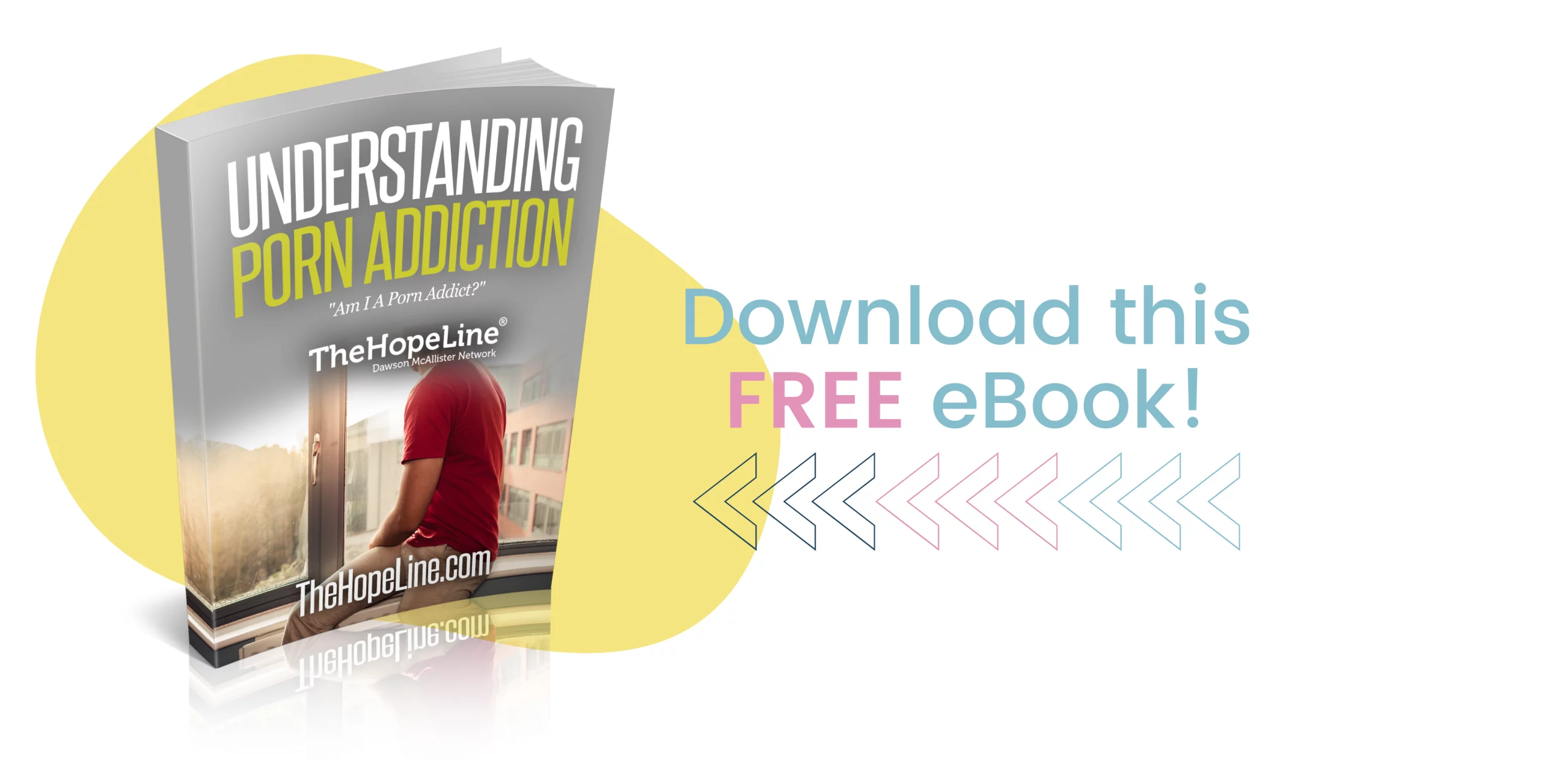Addicted to masturbation??? Is that even possible?
Perhaps you’re already picturing me as a hundred-year-old Sunday School teacher or pastor, with corduroy pants so high rise they must be a cover for a long-term fitted chastity belt.
Or maybe you’re seeing the Christian protester who has nothing better to do with their precious time on Earth than to yell about people “fanning the flame” or “ringing Satan’s doorbell” or… choose your favorite euphemism.
Addicted to Masturbation
But have no fear; I’d like to think I’m a fairly reasonable and open-minded gal, who hasn’t worn anything corduroy since the early nineties.
However, the reality is, masturbation can become a legitimate addiction, just like any behavior you can become addicted to masturbation. I’m not intending to make a moral statement or provide a biblical guideline but rather to help you decide if you are addicted so you can seek healing.
Here are three practical ways to help you discern if you’re addicted to masturbation:
1. Are you using masturbation to alter your mood?
Masturbation is a quick fix. It’s free, accessible and easy. It’s the perfect drug. Understandably, men and women use it to medicate bad moods. Those warm fuzzy chemicals sure hit the spot!
There are more positive ways to sooth moods, for example, listening to calming music or having a hot bath after a lousy day. The difference with using masturbation to alleviate negative emotions is that the powerful chemicals and hormones involved set you up for compulsion and emotional repression, not to mention they can be a detriment your future or current sex life. These are powerful chemicals you’re playing with.
Take note of when you feel the urge. What has triggered you in the past? Did you feel stressed? Powerless? Rejected? Lonely? Tired? Anxious? Sometimes our sex drive is just being its thoughtful self and saying ‘Hey! It’s been a while since we’ve tried reproducing! I’m here to personally encourage you too today!’ (Thanks Sex Drive: maybe take note of the relationship status next time) However, there is often an underlying motivation: to feel good. Because you don’t already.
If you’re regularly masturbating in response to negative emotion, you may be addicted. Why? Because it reveals you’re not processing your emotions and indicates you’re living in some level of distress, making it the perfect opportunity to get hooked. Addiction loves pain. It is a faux salve for emotional wounds. But in reality, our vice, be it masturbation or otherwise, is infecting that wound that so desperately needs to be healed.
2. Do you feel like you can’t stop?
Perhaps one of the clearest signs of addiction is when you feel you can’t stop, even when you really want to. Pretty simple. You may white-knuckle it for a few weeks, but it always come crashing back into your life.
There’s a reason for this.
A sexual encounter (with someone else or on your own) instigates the release of a host of nice-feeling chemicals into your brain’s reward system. It’s an incredible gift from God when it’s not confused. It keeps humanity thriving and surviving. It releases chemicals like dopamine and oxytocin when you participate in a behavior that it believes ensures survival of the body or gene pool (hence why an orgasm feels so much better than mopping the floor or eating dirt). The reward pathway function is to remind the brain to do that thing again! Your body begins to make unconscious associations. When you feel poorly, it remembers how to give you a kick! A process begins deep in your brain which, unbroken, leads you right back to the behavior, because your brain is wired to seek the easiest route to pleasure.
3. Is your habit harming you or those around you?
A characteristic of any addiction is continuing despite harm. Harm can come in many forms: emotional, relational, physical, spiritual or criminal to name a few.
If you’re masturbating to the point of overuse or needing medical assistance, you may very well be addicted. This is nothing to be ashamed about. Doctors have seen it all.
Compulsive masturbation can lead to sexual dysfunction and less-than-ideal intimacy with your spouse. This is a very real harm that must be identified. More than physiological, this can affect your spouse emotionally. Are you masturbating to the detriment of your sex life?
Isolation is another harm to look out for. Such retreat can be rooted in shame, anxiety or the lost ability to interact non-sexually. Perhaps you would rather be at home masturbating than socializing. Having an orgasm is easier than building real relationships. But only the latter will bear good fruit in the long run.
Masturbation is a very personal and complicated topic. It can be a response to sexual or emotional trauma, it can be a struggle that begins in early childhood, it can be accompanied by porn or voyeurism or nothing at all, and the line between “struggling with” and “addicted” can get blurry. There is a battlefield of opinions out there and it is so easy to slip into judgment and shame in this conversation.
Please know that no matter what, you are known and cherished by the God of the universe, and the team at XXXchurch has resources to help you find freedom. You are not alone, and you need not feel ashamed. Recovery is so possible.
Originally posted at xxxchurch.com.
Has pornography filled the loneliness in your life and now you feel trapped by its addictiveness? You are not alone. Here are the lies pornography tells us.



